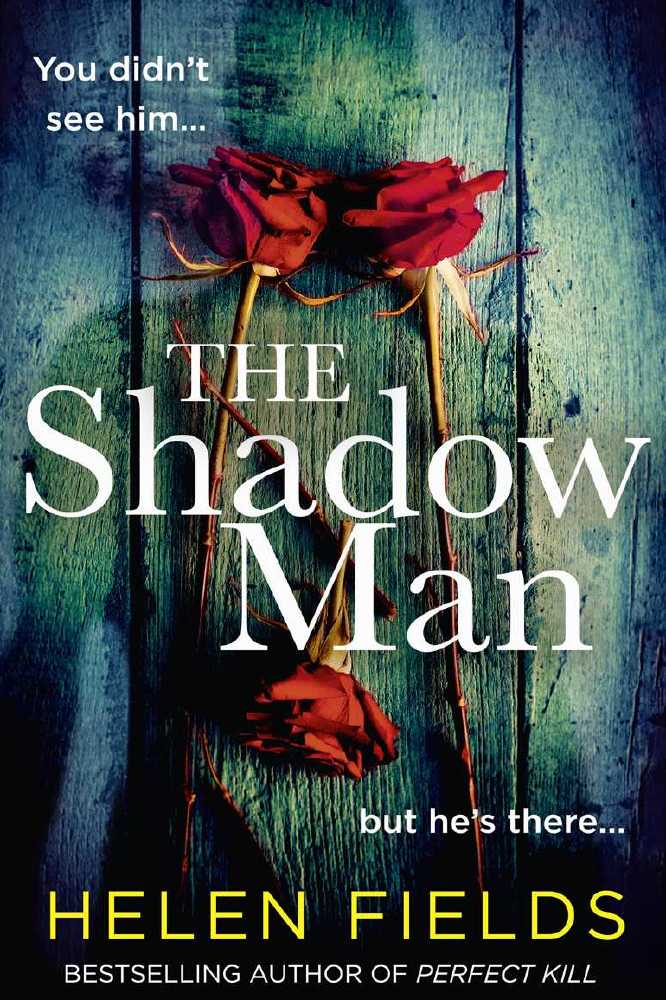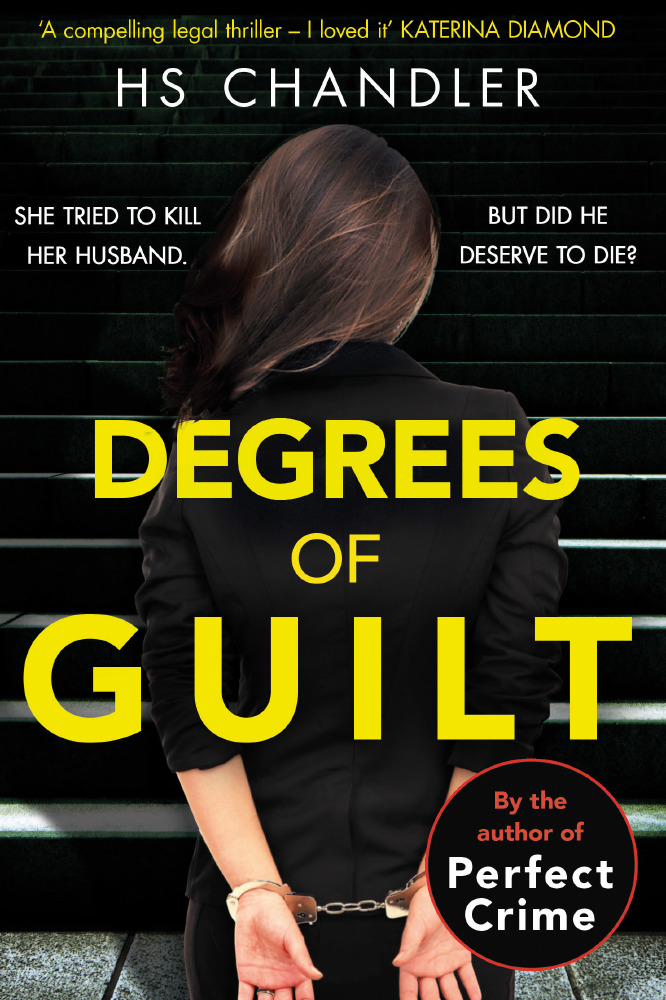For those who enjoy reading there are few moments in life as satisfying, and as saddening, as reaching the end of an outstanding book. At various stages in life, we read for different reasons. School is the most obvious. We read to learn, and too often we read texts simply because they’ve been on the curriculum for decades. As we mature, we read for pleasure, but we choose books according to mood and motive. In tough times I reread novels for comfort. While travelling I read for a greater sense of history and place. When frustrated, I choose texts that take me out of my comfort zone. Throughout it all, there have been books that have changed my experience of reading, of what it means to me personally, and how I measure the value of a book.

The Shadow Man
Lord of the Rings by JRR Tolkien - I was 13 when I first read the trilogy. At that age, bored of textbooks and lame children’s adventure stories, the world Tolkien created was as close to breathing in magic as I ever came. It wasn’t about the story. That ticked all the boxes, of course, heroes and villains, sacrifice and sorcery. What stuck was the sense of the splendors that could be built with words alone. Populations, histories, landscapes, creatures, whole languages. I spent hours gazing at Tolkien’s maps and runes. I marvelled at the mind of a writer who could take a blank page and conjure a universe so fully textured and coloured that no corner was left blank. I was overwhelmed by the sense of what was possible, and in awe of the power of human imagination.
Far From The Madding Crowd by Thomas Hardy - A year later I read Far from the Madding Crowd. Until then, my experience of the classics had been that they were stuffy and rigid, products of their own time that didn’t simply reach into mine. Hardy changed all that. He did it with a woman I didn’t particularly like but who was ahead of her time. He told a love story wrapped up in compelling social commentary. Beautiful language became accessible. I stopped thinking about when the story was set and became intrigued with how the story had been constructed. It was the first non-contemporary book I’d read that made time irrelevant, and that proved to me that human insight endures through great literature.
The Haunting of Hill House by Shirley Jackson - Taught me the raw, real power of the written word. This wasn’t my first foray into horror. I’d read King, Koontz, Herbert and Straub. But Shirley Jackson’s nightmarish bricks and mortar elevated suspense writing into an art form that left me breathless. Learning that you can read for thrills and chills was a game-changer. Reading before that had been relaxation. Jackson made it hard to pick up the book after the sun went down, but impossible not to. She taught me that the novel could rival the horror movie. That jump scares could jump right off the page. That you can make a reader cry out with fear or repulsion. Jackson brought something completely new to the party: unadulterated, shocking force.
The Lovely Bones by Alice Sebold - A modern day crime classic, this novel is all about voice. Taking a horrific event and still finding beauty between the paragraphs. Sebold sent her characters on a quest whilst uncovering a palpable sense of what ties our souls to the mortal world. If I wasn’t considering writing when I began reading that book, I was certainly listening to the voices of my own imagined characters by the time I finished it. This was one of a handful of books that inspired me to write, and so to begin a new chapter of my own life. Most importantly, it taught me that you can write about darkness without having to drain all the light from a story.
The Help by Kathryn Stockett - The best books that tackle serious societal issues, contemporary or historical, have such an effortlessly light touch that you aren’t aware you’re learning. You’re so sucked into the life and plight of each character that you miss the brushstroke research and context so artfully sewn into each sentence. The Help is everything an outstanding book should be - you’ll laugh, cry, be enraged and entranced - and by the end of it you’ll be changed by what you’ve read.
Great books make us aspire to read more great books, but once-in-a-generation books set the standard for how we perceive literature and its importance in our lives. They leave us gasping at their brilliance and their impact. And they change the reading experience forever.
The new standalone thriller by Helen Fields, The Shadow Man, publishes in all formats on 4 Feb
RELATED: In the mood for writing by Helen Fields
I’m the sitting in my garden, staring at a blank screen until something comes type of writer. Then off I go into the unknown, without a clue where the next paragraph will take me, let alone a detailed story arc. What comes to me first is always a character. A sense of a person who wants something, good or bad, right or wrong. I hear their voice. That’s the trigger for me to begin writing. With the character’s motivation comes their weakness or their personal struggle. For protagonists, it’s often their problems that make them stronger or more heroic. When I write serial killers or broken, dangerous characters, I’m mindful that not every thought, not every part of their past or present life, can be a depiction of evil. Life’s just not that straightforward. So when I write, I’m writing a character driven book more than a plot focussed book. I have to be mindful of pacing, highs, lows and reveal points, but when you make a new friend they tell you about themselves - their achievements, hopes and dreams, losses and grief - slowly over months. That works for books characters, too... to read more click HERE


